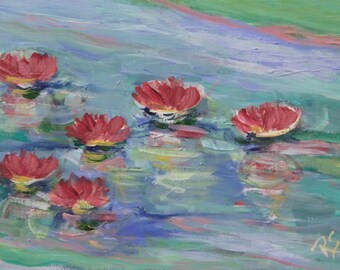Dear Haijin, visitors and travelers,
Welcome at a new (belated) episode of our wonderful Haiku Kai were we are exploring the classical seasonwords for summer this month. I am again late because of a busy evening shift. My excuses for that, but sometimes the shifts at the hospital are very busy.
Today I have chosen a classical summer kigo from the sub-division "animals". Today the kigo to work with is river frog (kajika) or literarely "river deer".
Not so long ago we created a nice CDHK e-book together about "frogs" inspired on that renown haiku by my master Basho (1644-1694):
old pond
a frog jumps
sound of water
© Basho (Tr. Chèvrefeuille)
 |
| Kajika Frog (River Frog or "Singing Frog" or "River Deer" |
Kajika or "singing frog" is the Japanese singing frog, known for its “fififi” call, is brown or gray-black. Other frogs merely croak or call, but this frog sings. In Japan it was once common to keep the singing frog in a special box, the better to hear its beautiful song, which, it is said, has a cooling effect in the heat of summer. The singing frog has webbed hind- but not fore-feet; the tips of fingers and toes have truncated discs, the better for gripping wet stones. The skin on the back is grainy. Males are 3-4.5 cm long, females are bigger, at 4-8 cm.
You can find them in mountain streams bordered by woodland, from Honshu to Kyushu, ideally streams with plenty of fist-size stones.
cycling home
accompanied by the song of frogs
the cool breeze
© Chèvrefeuille
Of course I have also a classical winter kigo for our friends on the Southern Hemisphere. This time I have chosen for (also) a kigo from the sub-division "animals": plovers, sand pipers (chidori)
 |
| Plover (Chidori) |
And here is a not so renown haiku by my master Matsuo Basho:
yami no yo ya su wo madowashi naku chidori
darkness of night
lost from its nest
a plover cries
© Basho (Tr. Jane Reichhold)
This episode is NOW OPEN for your submissions and will remain open until June 15th at noon (CEST. I will try to publish our new episode, a new weekend-meditation, later on. For now ... have fun!








EXTREME.jpg)


+by+Basho.jpg)



